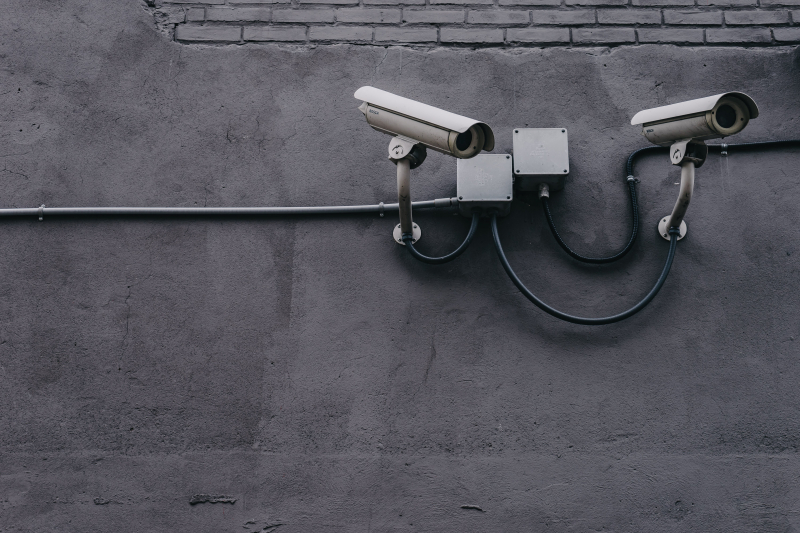Government Surveillance
Topic: Government surveillance is a controversial and multifaceted topic that intersects with issues of privacy, security, and civil liberties. Consider exploring various aspects of the subject.
Answer:
Government surveillance has become an integral part of modern governance, striking a delicate balance between national security and individual privacy. This essay dives into the controversies surrounding government surveillance, examining the arguments both for and against, and the implications of living in a world where the line between security and privacy is constantly negotiated.
Proponents of government surveillance argue that it is a necessary tool to safeguard national security. In an era marked by global terrorism and cyber threats, surveillance provides governments with the means to detect and prevent potential threats before they materialize. The ethical dilemma lies in finding the right balance between the protection of citizens and the preservation of their civil liberties.
Critics, on the other hand, contend that extensive government surveillance poses a threat to individual privacy rights. The mass collection of data, especially in the digital age, raises concerns about unwarranted intrusion into the lives of citizens. The tension between security needs and personal privacy rights becomes apparent, sparking debates about the scope and limitations of surveillance activities.
One major ethical concern revolves around the lack of effective oversight and accountability mechanisms in government surveillance programs. The secrecy that often shrouds these activities raises questions about the potential for abuse and the need for robust checks and balances to prevent overreach. Striking the right balance between secrecy and transparency becomes crucial for maintaining public trust.
Advancements in technology have significantly enhanced the capabilities of government surveillance, raising ethical questions about the use of cutting-edge tools like facial recognition, artificial intelligence, and predictive analytics. The potential for these technologies to infringe upon individual rights, amplify biases, and erode anonymity underscores the need for ethical guidelines and regulations to govern their deployment.
The relationship between citizens and their government forms a social contract, wherein citizens relinquish certain freedoms in exchange for protection. However, the erosion of trust due to revelations about mass surveillance programs, as seen in events like the Snowden disclosures, prompts a reevaluation of this contract. Government surveillance must navigate the delicate terrain of maintaining security while upholding the principles of transparency and accountability.
In conclusion, the controversies surrounding government surveillance underscore the complex interplay between security imperatives and individual rights. Striking the right balance demands an ongoing dialogue about the ethical boundaries of surveillance, the need for transparency, and the importance of robust oversight. As technology continues to evolve, the ethical considerations surrounding government surveillance will persist, necessitating a collective effort to define and uphold the principles that govern the delicate equilibrium between security and privacy. The journey toward responsible and ethical government surveillance is an ongoing narrative that requires constant scrutiny, public engagement, and a commitment to safeguarding the democratic principles that underpin our societies.












